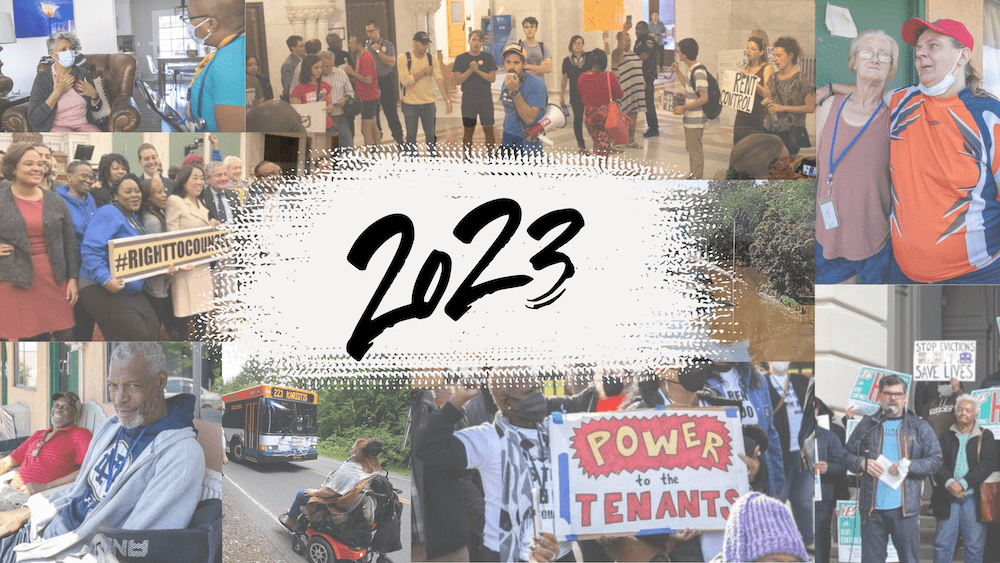
So it’s unsurprising that roughly 65 million Americans turn to a financial advisor for help with managing money—from developing a basic financial plan, to planning for retirement, to more sophisticated wealth and investment advice.
For those who have the means to afford them, paid financial advisors often wield credentials such as “Certified Financial Planner” or “Investment Advisor Representative”—titles that signal quality and accountability to their clients. Similarly, for providing tax advice and preparation it might be a Certified Public Accountant that is required.
But what about families who cannot afford a paid professional—families who are financially vulnerable and rely upon free financial counseling and coaching services to get out of debt or repair their credit score? Where are the necessary standards, business models, enforcement and training to ensure that a low-income family in Texas or South Dakota or New York City receives the same quality of financial advice as those who are able to pay?
The housing counseling industry faced these and other questions during the height of the financial crisis—and through a massive cross-sector effort, the National Industry Standards for Homeownership Education and Counseling were established, providing the industry with a baseline for quality and accountability. It has taken a great deal of consultation and leadership across the housing advice and counseling sector; practitioners, funders, government agencies and advocates.
The field of free financial coaching and counseling has similarly matured to the point where it needs to become a recognized “profession,” where qualifications can be clearly understood by clients—an occupation defined by rigorous training, formal certification and the development of valuable transferable skills and subject matter expertise particularly for serving low and moderate income clients. Today thousands of very experienced counselors, coaches and trainers are providing invaluable financial advice and services to communities that do not have access or the means to afford private services, and they do so with a critical knowledge of the many other challenges that such clients face, often requiring referral and coordination with housing, health, benefits and other social service providers. Complementing this experience with an appropriate form of certification for the financial counseling aspect of their work would provide them and their clients with a recognizable standard of financial training.
And the need is more urgent than ever. According to the FDIC, almost 93 million people live in unbanked and underbanked households in the United States—a group large enough to form the 13th most populous country in the world, larger than the populations of France, the U.K. or Germany. Nearly ten million households do not have a bank account, and more than 50 million adults are resorting to alternative—and often predatory—credit products. The Consumer Financial Protection Bureau (CFPB) has found that 26 million consumers have no credit score and are considered “credit invisible”, and an additional 19 million were “unscorable” due to thin or nonexistent credit data. And according to data from Family Assets Count, nearly half of all U.S. households are “liquid asset poor”—that is, they do not have sufficient savings to sustain three months at the poverty level in the event of a significant interruption of income, such as a large medical expense or the loss of a job.
In order to respond to this need, the Cities for Financial Empowerment Fund, with support from Citi Community Development, recently released “The Professionalizing Field of Financial Counseling and Coaching“—a first-of-its kind journal which features insights from the nation’s leading voices in the growing field of financial counseling along four core themes: quality, consistency, accountability and community.
The Journal was launched at last week’s Professionalizing Field of Financial Counseling and Coaching Conference in New York City, where more than 100 experts and practitioners took on a number of critically important questions facing the industry, such as how do we best measure and evaluate impact? How do we define national standards, and ensure organizations adhere to them? How do we replicate programs and share best practices across a complex and heterogeneous economic landscape so that national standards rise?
High-quality financial empowerment services are a key ingredient for building more inclusive cities. In partnership with leading community and consumer financial empowerment, city administrations have the responsibility and ability to ensure that residents have access to safe, appropriate financial products and services; to enable more people to benefit from free tax preparation services and the Earned Income Tax Credit; and to offer one-on-one financial counseling that empowers people to save for the future, build their credit and safeguard against the unexpected. There are very successful models to build upon, from New York City to San Francisco.
Ultimately, we all have the same goal at heart: to enable often financially vulnerable individuals, families and communities to achieve a more secure financial future—and to do this as effectively as we can. By coming together as an industry around the idea of professionalization of the financial training that would complement the other important skills and experiences necessary to provide appropriate financial counseling and coaching, we are taking an important next step toward that goal.
Photo courtesy of Citi.





My wife and I are trying to get out of debt this year, so we are considering hiring a financial advisor soon. I like that you mention how 26 million consumers have no credit score. We want to be able to have good enough credit to get a house soon, so we’ll really focus on this from here on out.